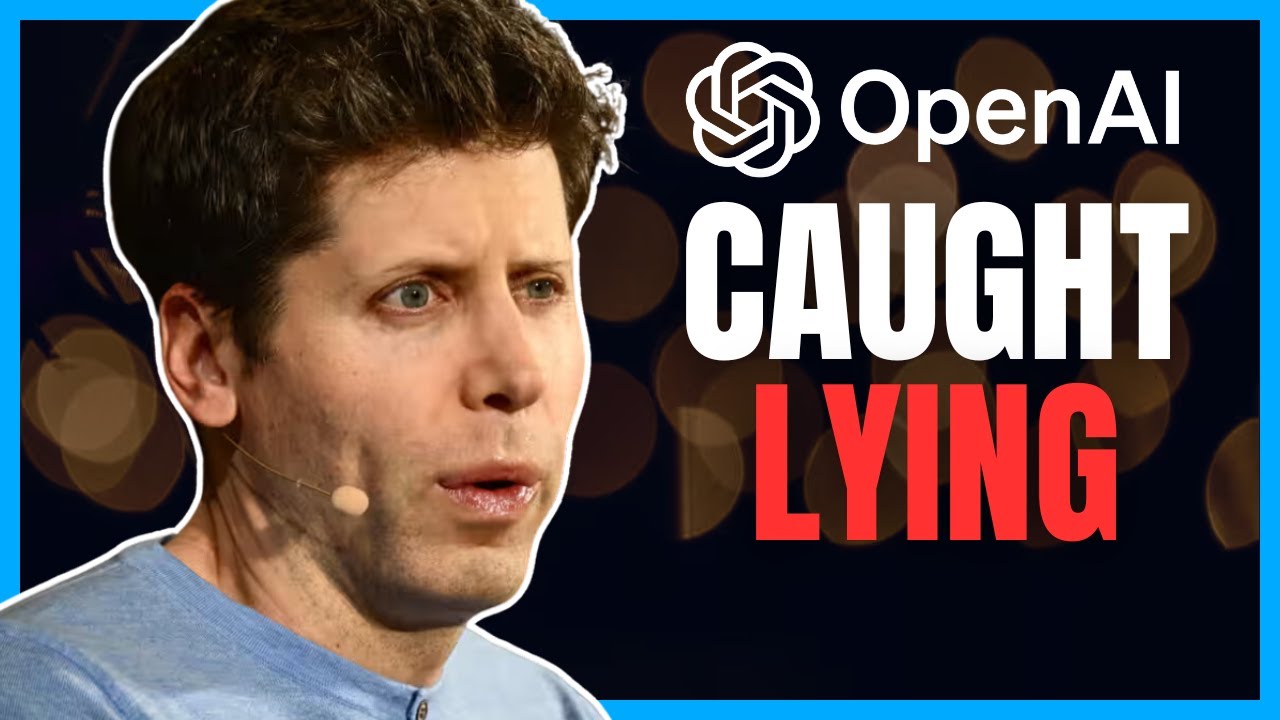Leaked documents from OpenAI revealed their aggressive tactics towards former employees, including requiring them to sign restrictive exit agreements to receive their vested equity. Despite initial denials by CEO Sam Altman, the documents showed that OpenAI had indeed implemented provisions allowing them to potentially cancel or block former employees from selling their equity, sparking criticism and ethical concerns.
The leaked documents from OpenAI shed light on their aggressive tactics towards former employees regarding their vested equity. Initially, it was revealed that departing employees had to sign a strict NDA to receive their earned equity, sparking controversy. OpenAI’s CEO, Sam Altman, acknowledged the provision but claimed they had never enforced it and promised to remove it. However, leaked documents obtained by Vox contradict this, showing that OpenAI had indeed implemented such provisions in the past.
The employment documents at OpenAI required departing employees to sign restrictive exit agreements, threatening the loss of their vested equity if they refused. This practice was considered severe and uncommon in Silicon Valley. Vested equity refers to the shares or options an employee has earned over time at a company, subject to a vesting schedule. The article highlighted the pressure tactics employed by OpenAI, giving ex-employees a tight deadline to decide on signing the restrictive agreements.
Despite Sam Altman’s apologies and claims that vested equity would not be clawed back, the leaked documents revealed clauses allowing OpenAI to potentially cancel or block former employees from selling their equity. The company’s incorporation documents granted them broad authority to reclaim equity from ex-employees, raising ethical and legal concerns. OpenAI’s tactics included pressuring departing employees to sign non-disparagement agreements under the threat of losing their vested equity.
The leaked documents also exposed additional clauses that gave OpenAI discretionary power to reduce vested equity to zero for terminated employees. The company’s strict control over participation in tender offers, where equity could be sold, was also highlighted. Despite OpenAI’s mission of accountability and transparency, the revealed tactics contradicted their public image of upholding higher standards. The company faced criticism for its handling of employee equity and departure processes.
In response to the revelations, OpenAI stated that they would release former employees from non-disparagement obligations and clarify that vested equity would not be canceled. They acknowledged the need for updates to their departure processes and emphasized that they had not taken away vested equity even when employees did not sign the departure documents. The leaked documents and ensuing controversy raised questions about corporate practices, legal implications, and ethical considerations in the tech industry, particularly regarding employee equity and departures.
